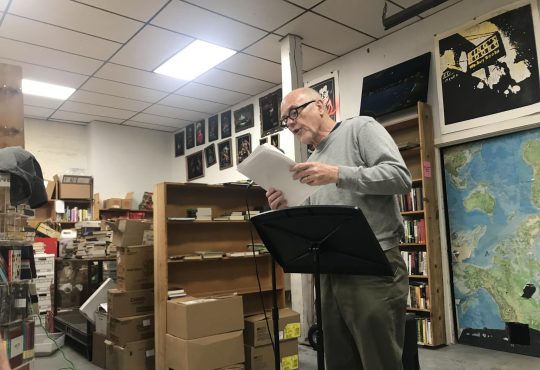Citizens of Tacoma are reacting outspokenly to the teachers’ city-wide strike that has prevented the school year from starting. Those aggressively opposing the strike should be listening to what the teachers have to say, because they are not just on strike for themselves.
The TEA, or Tacoma Education Association, is demanding that the school board allow teachers more involvement in issues regarding teacher transfers and reassignments, class size limits and how the state cuts in funding for teacher pay will be distributed. Teachers are being dismissed by the media and community as selfish and inconsiderate, while the teachers’ complaints themselves are receiving very little media attention.
Related stories in the News Tribune, Tacoma’s local paper, have focused on how the teachers’ actions negatively affect their students and their families. They focus on parents stretching to find somewhere for their kids to stay while they are at work, and the students who missed lunch because they cannot afford three meals a day without the reduced or free meal programs offered through the schools.
A survey conducted by the News Tribune showed that less than 28 percent of the community supported the teachers’ actions. Renee Houston, Professor of Communications at the University of Puget Sound and a member of the community, reflected on the negative depiction of the strike in the media, asking,“What kind of fear propels dedicated professionals with advanced educational degrees to take this step?”
This is a good question. Teachers interact with students five days out of the week, and know some of them better than their parents do. They knew how their actions would affect the community and especially the students, and yet they decided that their cause was worth the negative side effects. Their points of contention involve policies that could benefit themselves, but also affect the quality of education that students would receive.
If teachers are in control of where they work, they have a better handle on what to expect. Teachers form bonds with students, and make efforts to teach each individual as effectively as possible. If they are moved to an entirely different arena without their consent, it could have a detrimental effect on the students. Then the teacher and students have to get acquainted with new systems, instead of spending time with the material.
Class size is another issue that directly relates to the students. If the teachers cannot possibly provide enough time and energy to address the needs of all of their students, then they cannot do their jobs. Perhaps a more accurate statement is the board is not letting them do their jobs.
The state’s cuts in funding for teacher pay is another thing that won’t just affect the teacher’s paycheck. Yes, this is a tough economy, and people from all fields are going to have to take pay cuts. However, it is also true that cutting teachers’ pay is detrimental to the state’s citizenship in the long run. These highly educated people have talents beyond the field of teaching, and if teaching alone is not going to cover the bills, they will seek work elsewhere. Even just a modicum of control will encourage teachers to stay in the field and fight for a change.
One of the most conspicuous aspects of this particular strike is that it has happened before. In 1978, teachers were striking for almost the exact same things: transfers and reassignments, pay and class size. The News Tribune and community took a similar attitude towards the strikers, but in the end the strikers considered their gains a victory. Hopefully this repeat performance has a similarly happy ending, and does not come around for a third showing.






